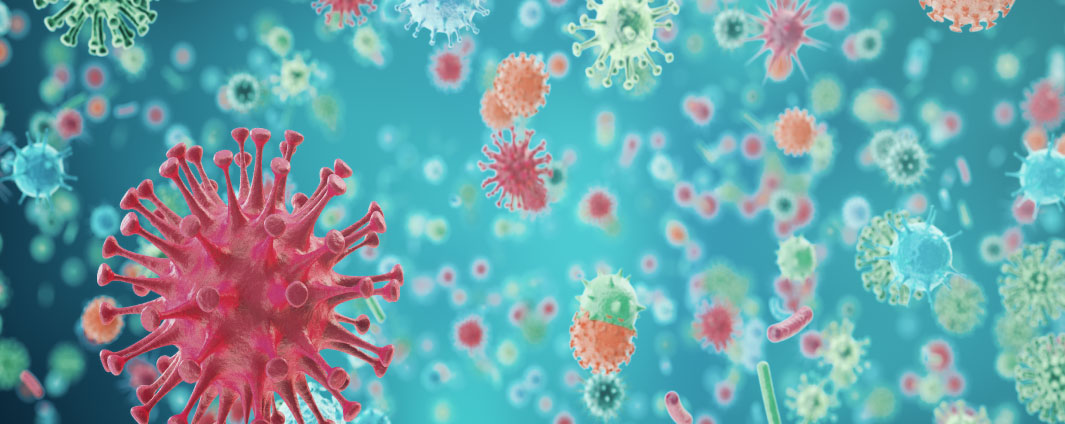
Contact Us
Ottawa Public Health
100 Constellation Drive,
Ottawa, ON K2G 6J8
T 613-580-6744
YYT 613-580-9656
Toll free 1-866-426-8885
F 613-580-9660
Email: Email Ottawa Public Health

Paratyphoid fever is a serious bacterial infection caused by a type of Salmonella bacteria called Salmonella Paratyphi. Paratyphoid fever is not common in Canada and is mostly linked with travel to countries that do not have adequate sewage and water treatment.
Salmonella Paratyphi is spread from person to person through ingestion of food or water contaminated with feces (stool) or urine from an infected person who may or may not appear ill. People can also become ill when they drink water or eat food that has become contaminated with the bacteria, especially if it was handled by someone infected with paratyphoid fever. People may also become ill if they consume unpasteurized milk, unwashed raw fruits and vegetables, and raw or undercooked shellfish from contaminated water. Domestic animals may also become infected with Salmonella Paratyphi and spread it to humans.
Symptoms usually appear 1 to 10 days after a person becomes infected. Symptoms usually include fever, constipation, headache, lack of appetite, rash on the upper body, and a slow heart rate. A small number of people, including children, may experience diarrhea, however, constipation is more common in adults. Not everyone with paratyphoid fever will have symptoms, but they are still able to spread the disease.
Antibiotics are generally recommended by a health care provider. If symptoms are persistent or severe, it is important to seek medical attention.
Anyone with paratyphoid fever should stay home from work or school until they feel better and no longer have symptoms. Those who prepare or handle food, healthcare workers, childcare workers and those who attend child care must not return to work or child care until advised by Ottawa Public Health.
To prevent becoming ill with paratyphoid fever:
Ottawa Public Health (OPH) must be notified by health care providers and laboratories about persons who have or may have paratyphoid fever. OPH provides education to such persons and their close contacts and follows up with their health care providers as needed. OPH will also advise each person and close contacts about return to work and child care.
Contact Us
Ottawa Public Health
100 Constellation Drive,
Ottawa, ON K2G 6J8
T 613-580-6744
YYT 613-580-9656
Toll free 1-866-426-8885
F 613-580-9660
Email: Email Ottawa Public Health